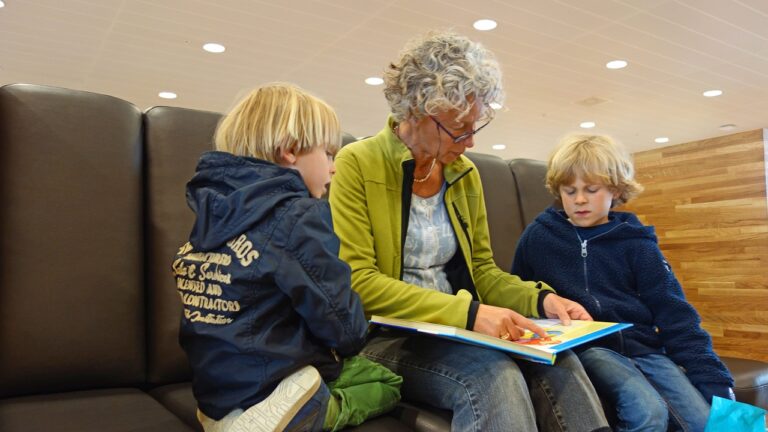Promoting Socioemotional Learning Through Physical Education
Physical education classes in schools have long been known for their focus on improving physical health and fitness in students. However, recent research suggests that physical education can also play a vital role in promoting socioemotional learning among students. Socioemotional learning involves acquiring the skills necessary for managing emotions, setting and achieving positive goals, feeling and showing empathy for others, establishing and maintaining positive relationships, and making responsible decisions.
The Role of Physical Education in Socioemotional Learning
Physical education classes provide an excellent opportunity for students to develop crucial socioemotional skills. By engaging in physical activities such as team sports, students learn how to work collaboratively with others, communicate effectively, and manage conflict in a healthy and productive manner. These experiences can help students build self-confidence, resilience, and a sense of belonging within a supportive community.
Improving Emotional Regulation
Physical education can also help students improve their emotional regulation skills. Engaging in physical activity has been shown to reduce stress, anxiety, and depression while improving mood and overall psychological well-being. By participating in physical education classes regularly, students can learn how to recognize and manage their emotions effectively, leading to better mental health outcomes.
Fostering Empathy and Social Skills
Team sports and group activities in physical education classes provide students with opportunities to develop empathy and social skills. By working together towards a common goal, students learn how to understand and appreciate the perspectives of others, cooperate with teammates, and build positive relationships. These experiences can help students cultivate empathy, compassion, and respect for diversity.
Promoting Responsible Decision-Making
Physical education classes also teach students valuable lessons about responsibility and decision-making. By following rules, cooperating with others, and setting and achieving goals, students learn how to make informed and responsible choices both on and off the field. These experiences can help students develop essential life skills that will serve them well in their academic, personal, and professional lives.
FAQs
1. How can physical education classes promote socioemotional learning?
Physical education classes provide opportunities for students to develop essential socioemotional skills such as teamwork, communication, emotional regulation, empathy, and responsible decision-making through engaging in physical activities and sports.
2. What are some strategies that physical education teachers can use to support socioemotional learning?
Physical education teachers can incorporate cooperative learning activities, team-building exercises, conflict resolution techniques, and mindfulness practices into their classes to promote socioemotional learning among students.
3. How important is socioemotional learning in schools?
Socioemotional learning is essential in schools as it helps students develop the social and emotional skills necessary for success in academics, careers, and relationships. By promoting socioemotional learning through physical education, schools can support the holistic development of students.







